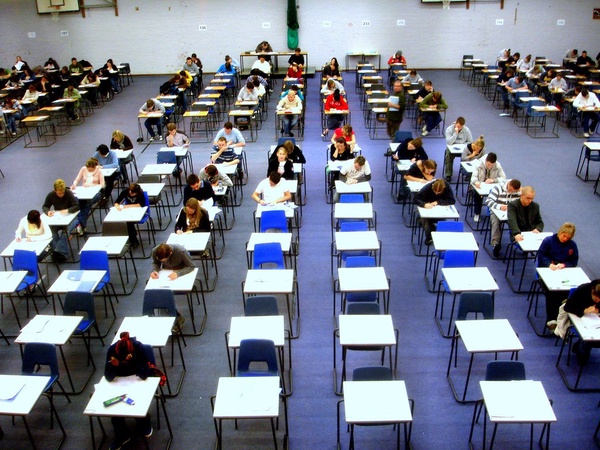College Board, COVID, and AP Exam Controversies
February 23, 2021
During March of 2020, Advanced Placement (often referred to as AP) testing was modified because of the coronavirus pandemic. In a shortened year, with not as much content covered and in-person testing off the table, the tests were streamlined and made digital. Many AP students were grateful to College Board, the organization that oversees the AP exams, as they made accommodations. Alas, it led to questions about the 2021 exam and what it would look like.
Many of the students believed that something along the lines of modified testing would be given, since COVID-19 was, if anything, more rampant than it was last year. So when the news came out that exams would be full-length, many students were shocked and put into a state of panic. How could the content of a full-length exam be covered while dealing with at-home learning amid a pandemic? On its website, College Board stated that if a student is not satisfied with the amount of content covered, live review sessions from April 19–29 would help ease their worry. However, this exam format raises various questions, especially about how AP exams will guard against cheating.
Some of the measures implemented are reasonable. For example, a foreign language exam cannot be taken digitally; this is to prevent students from using translators. Also, students will have to download digital software on a supported computer (no exams can be taken on an iPad at this time) in order to reduce the risk of fraudulent testing methods. These practices are great, but others are not so clear.
For example, during a digital exam, no student can go back to a previous question. It is essentially “locked in.” This raises concerns about unfair advantages on paper-and-pencil exams, since students who test in person can freely flip through their exam and change answers if needed. Furthermore, all digital exams will take place at the same time, regardless of one’s time zone. It will be held at 12 pm and 4 pm Eastern Daylight Time. While this may not impact students in the Chicago area, it is extremely worrisome for students across the world who now have to take their tests at unconventional times. College Board says that hopefully the extra exam days make up for having to implement this, but the format is still unfair.
It is clear that College Board thought through these changes, but the execution falls short in certain respects. The organization will provide more information leading up to the exams, but for now, it is unclear what changes there will be.
